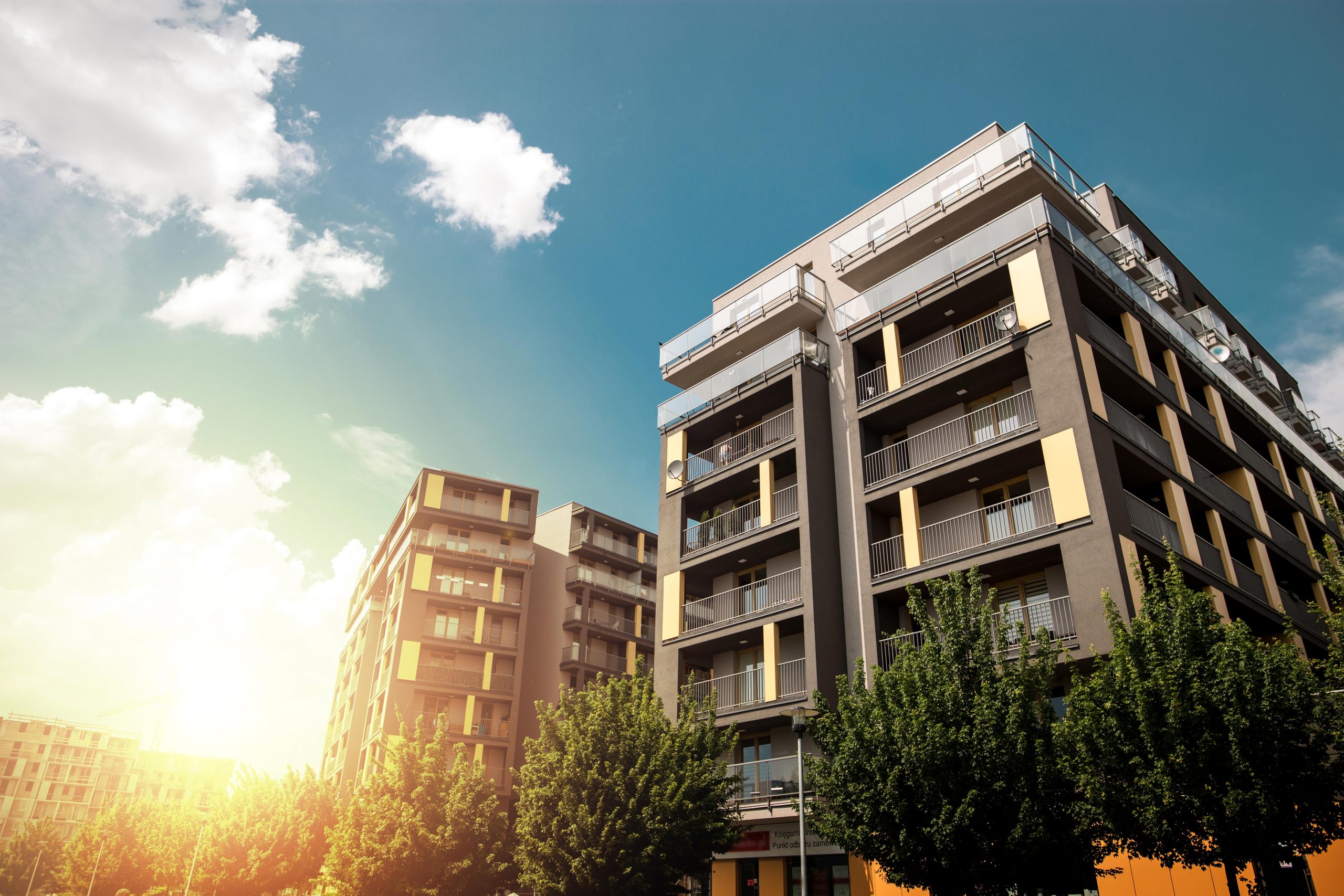You’ve taken the difficult first step in your plan to acquire your freehold by grouping together with your fellow leaseholders and serving the Initial Notice on your freeholder.
What now?
How long will the rest of the collective enfranchisement process take?
We’re regularly asked by leaseholders looking to purchase their freehold through collective enfranchisement how long the process will take. Our Head of Enfranchisement, Analise Broomhall, details the timescale associated with the process and provides you with some scenarios that will help you estimate how long it will take.
First, following service of the initial notice on the freeholder, they have two months to reply with a counter notice stating whether or not they agree to the purchase of the freehold and if they agree to terms within your initial notice.
In straightforward scenarios, where the freeholder agrees your right to purchase the freehold, there are no legal issues in dispute and you can agree the premium fairly quickly, the usual timescale for completing your collective enfranchisement project from this stage is between two and four months.
However, there are often obstacles along the way which lead to the timeframe being extended. There are three other outcomes at counter notice stage, all of which can impact on how long the collective enfranchisement process can take.
Outcome 1: Freeholder’s counter notice challenges the premium or legal terms.
The freeholder will often admit the right to acquire the freehold, but will not agree to the premium proposed in the Initial Notice.
Sometimes, the freeholder will also disagree with the extent of the freehold you are entitled to acquire such as gardens or garages. Rights of way can also be an issue in more complex developments.
Once you receive a counter notice admitting your right, your surveyor will set to work trying to negotiate a premium with the freeholder’s surveyor. Equally your solicitors will work to agree any other terms such as rights of way or any legal issues that have been raised.
Provided the premium and other terms are agreed in good time, you can expect to complete the purchase within three to six months of receiving the counter notice.
If, however, the parties cannot agree the premium and / or the legal issues, you will need to apply to the first-tier tribunal to have these issues determined. You may find that the tribunal process could add a further two to three months to the usual timescale for completing the purchase.
Outcome 2: The freeholder doesn’t serve a counter notice within the two month period
If the freeholder hasn’t served a counter notice, you will need to make an application to court for an order that you are entitled to acquire the freehold on the terms included within your initial notice.
You will still need to show that you served the initial notice properly and in accordance with the requirements but the potential advantage you have is that the freeholder cannot dispute the premium.
You have six months from the date that the counter notice was due, to apply to court. The court process can be less efficient in some parts of the country than others and this will have an impact on the timescales you can expect to reach completion of your purchase. Generally, collective enfranchisement claims that follow this route can take about twelve months to complete.
Outcome 3: Freeholder’s counter notice disputes your right to acquire the freehold.
If the freeholder serves a counter notice disputing your right to the freehold, for example stating that either the leaseholders and/or the building do not qualify for collective enfranchisement, you will need apply to the court for a determination.
Your application to court must be made within two months of receiving the counter notice.
If the court is satisfied that the leaseholders are entitled to enfranchisement, it can declare that the freeholder’s counter notice has no effect and order the freeholder to serve a new counter notice. (There is an exception if the freeholder’s objections are based on redevelopment grounds.)
We usually find that the court procedure adds another three to four months to the usual timescale for collective enfranchisement.
Summary
If everything goes smoothly and the freeholder admits your right to buy the freehold and accepts the terms in your initial notice, you can expect your collective enfranchisement to take two to six months, from the date you receive the freeholder’s counter notice.
However, in most cases we would encourage you to allow between six and twelve months, as there may be challenges raised in the counter notice that need to be overcome.



